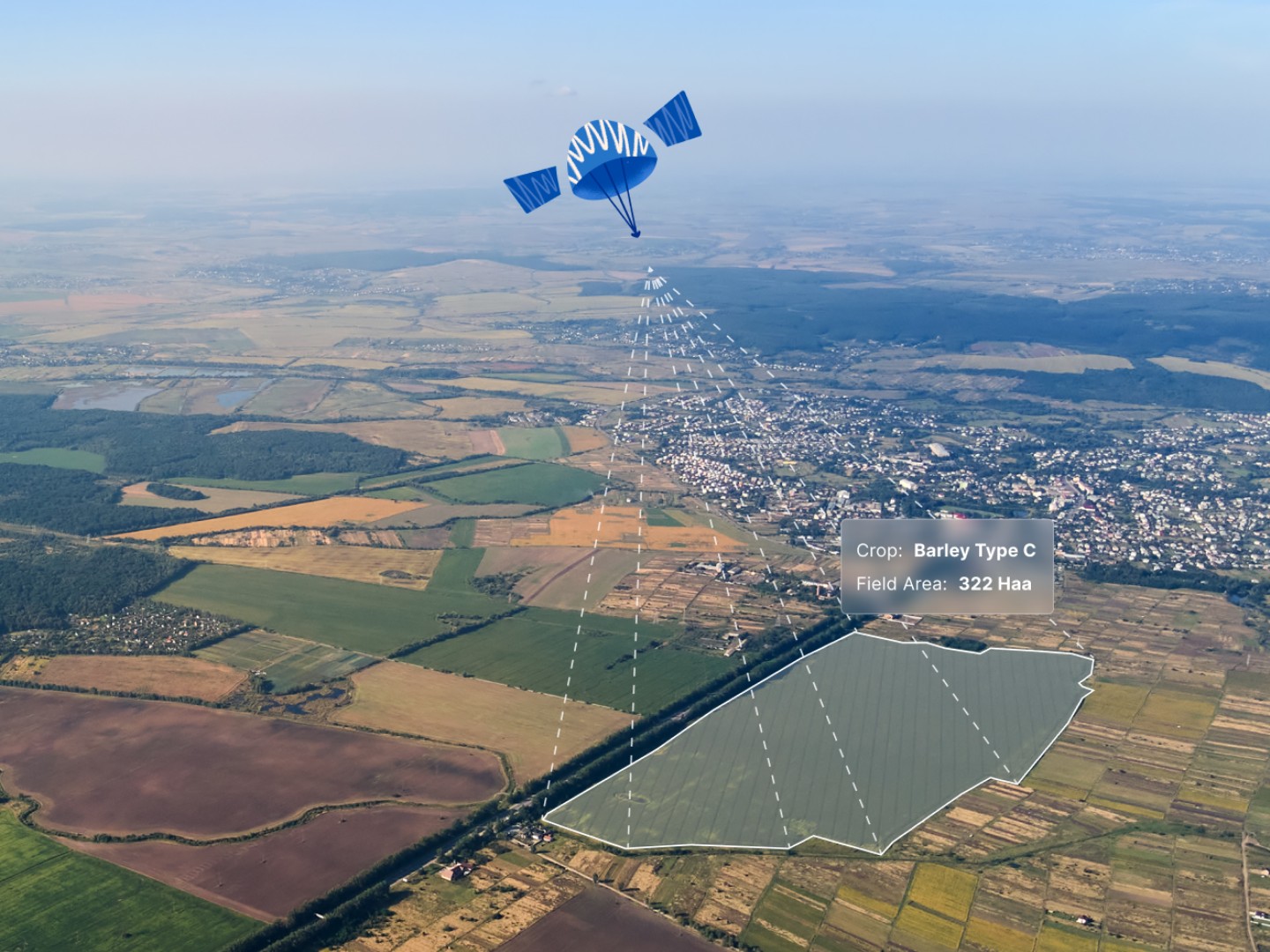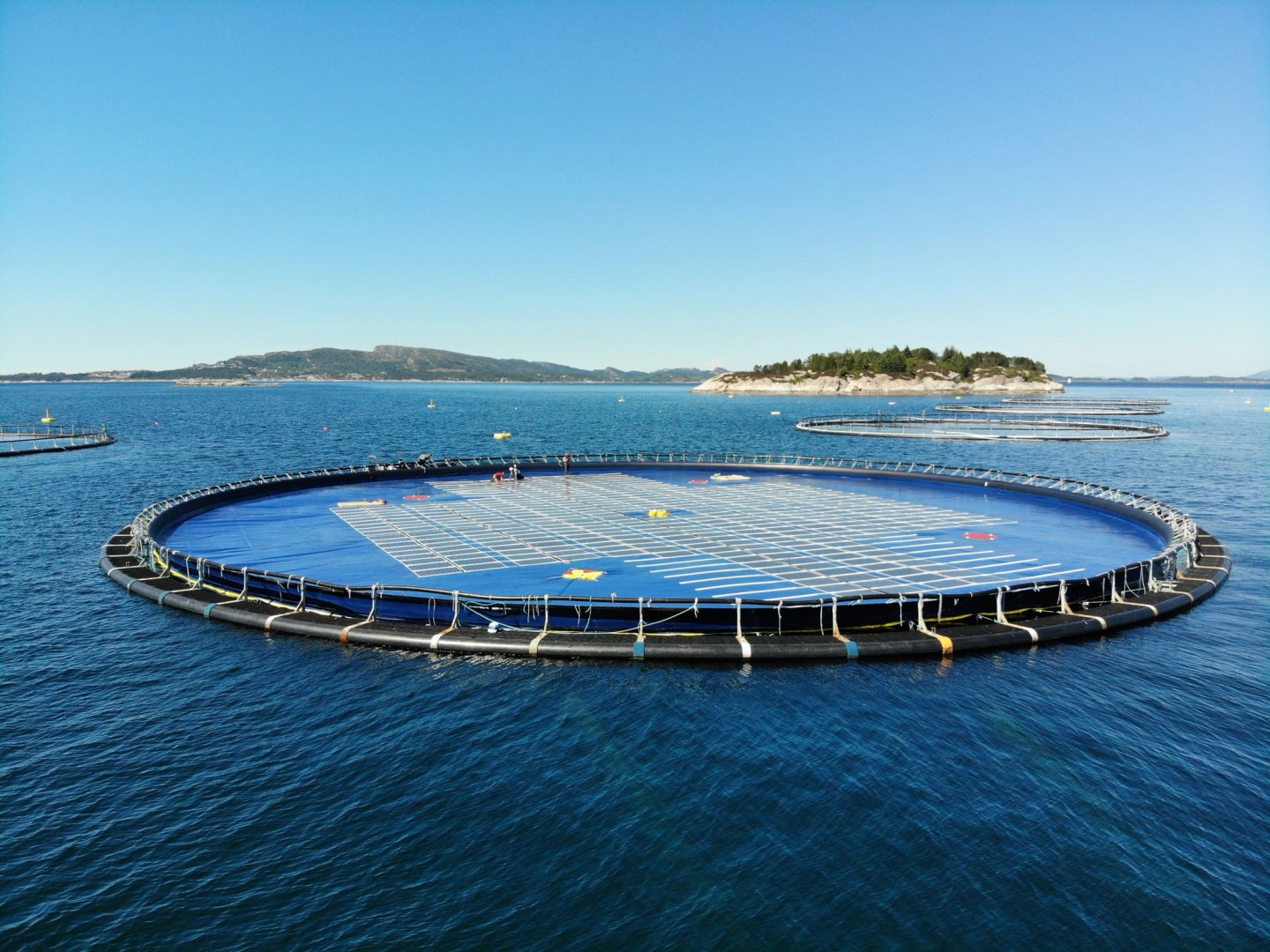– The market for liquid solar is growing strongly worldwide, and thus there is also great competition around developing the best technology.
We have patented our technology and use the patents actively to enter into license agreements with developers of power plants, as well as to avoid copying. The license income provides us with the opportunity to further develop the technology such that we always have the best system.
Licensing
A license is a permission to use a software application, a trademark, a patent or other intellectual property rights. Licensing of such rights is normally documented in the form of an agreement between the owner of the right (licensor) and one or more licensees regarding the right to exploit the right.

Published: 16. april 2024
Last modified: 14. january 2026
Different forms of licensing
Intellectual property rights can form the basis for licensing in several ways, depending on a company’s needs and strategy:
- One-way licensing:
You can license out your own rights to others, or license in technology and rights you wish to use yourself. - Licensing with the right to sublicense:
In some cases, the licensee may be granted the right to sublicense to other parties. This provides greater flexibility and can help accelerate market expansion. - Cross-licensing:
Two or more companies with patents or technologies in related fields can license rights to each other. This allows for better use of the technology and can help avoid conflicts or patent infringement.
Benefits of licensing
For many businesses, it can be challenging to fully develop and commercialize an idea with strong market potential – especially if financial resources are limited. Licensing can open up new opportunities for value creation and growth, without having to take on all the risk yourself.
By licensing out your exclusive rights, you can get others to sell your products in countries where you yourself are not present. This is how you can increase earnings.
By licensing out to an established company, you don't have to take responsibility for production, sales and marketing yourself. It is therefore cheaper and faster.
VedBy licensing out, you can get income from industries you don't work in yourself. For example, you could make and sell brakes for off-road bikes, but license it to someone who makes motorcycle brakes.
If you find useful technology from others, you can license it in, and thus enter the market faster with lower development costs than you would have by making everything yourself.
Payment in a licensing agreement
There are different ways to set up payment in a licensing agreement, depending on what the parties agree on. The most common are:
- a one-time payment (paid at the start),
- ongoing royalties, which means regular payments based on how much is sold or produced using the licensed idea or product,
- or a combination of both.
What should a license agreement contain?
Negotiating a licensing agreement can be both time-consuming and complex. A license is a legally binding document, so it’s important that the content is clearly written and carefully thought through.
If you don’t have experience with licensing or intellectual property rights, it’s a good idea to consult a lawyer, patent attorney, or other legal expert with relevant expertise.
A licensing agreement should usually address the following points (this is not a complete list):
- Who are the parties involved?
- What is the scope of the license? Does it cover the entire right or only parts of it? What is the legal protection it provides?
- Is the license exclusive or non-exclusive? There may also be conditions for maintaining exclusivity over time.
- Can the licensee grant sublicenses? If yes, are there any limitations?
- Which geographic area does the license cover?
- What information must the licensor provide?
- Who is responsible for handling infringements, and who pays for it?
- Who has the right to make improvements or modifications to the technology or design?
- Will the licensor provide technical or other support?
- How will payment be structured? One-time fee, milestone payments, ongoing royalties – or a combination?
Remember to report licenses to the Norwegian Industrial Property Office
Records of license agreements in the Norwegian Industrial Property Office 's registers provides legal protection in the event of conflicts of rights.
The Norwegian Industrial Property Office registers information about licenses that have been granted in a trademark, design or patent right if one of the parties notifies them. It is sufficient that one of the parties wishes such a notification and delivers a notice of license. We have a separate form for this.

Get help from a professional advisor
Relevant cases

DigiFarm licenses AI-generated agricultural data and must have the IP rights in order
Published on 17. october 2024

Ocean Sun: Patent rights are important for entering into license agreements
Published on 30. november 2021

Robots and smart software from AutoStore provide efficient distribution systems
Published on 07. august 2024
Did you find what you were looking for?
Your feedback helps us make improvements!
